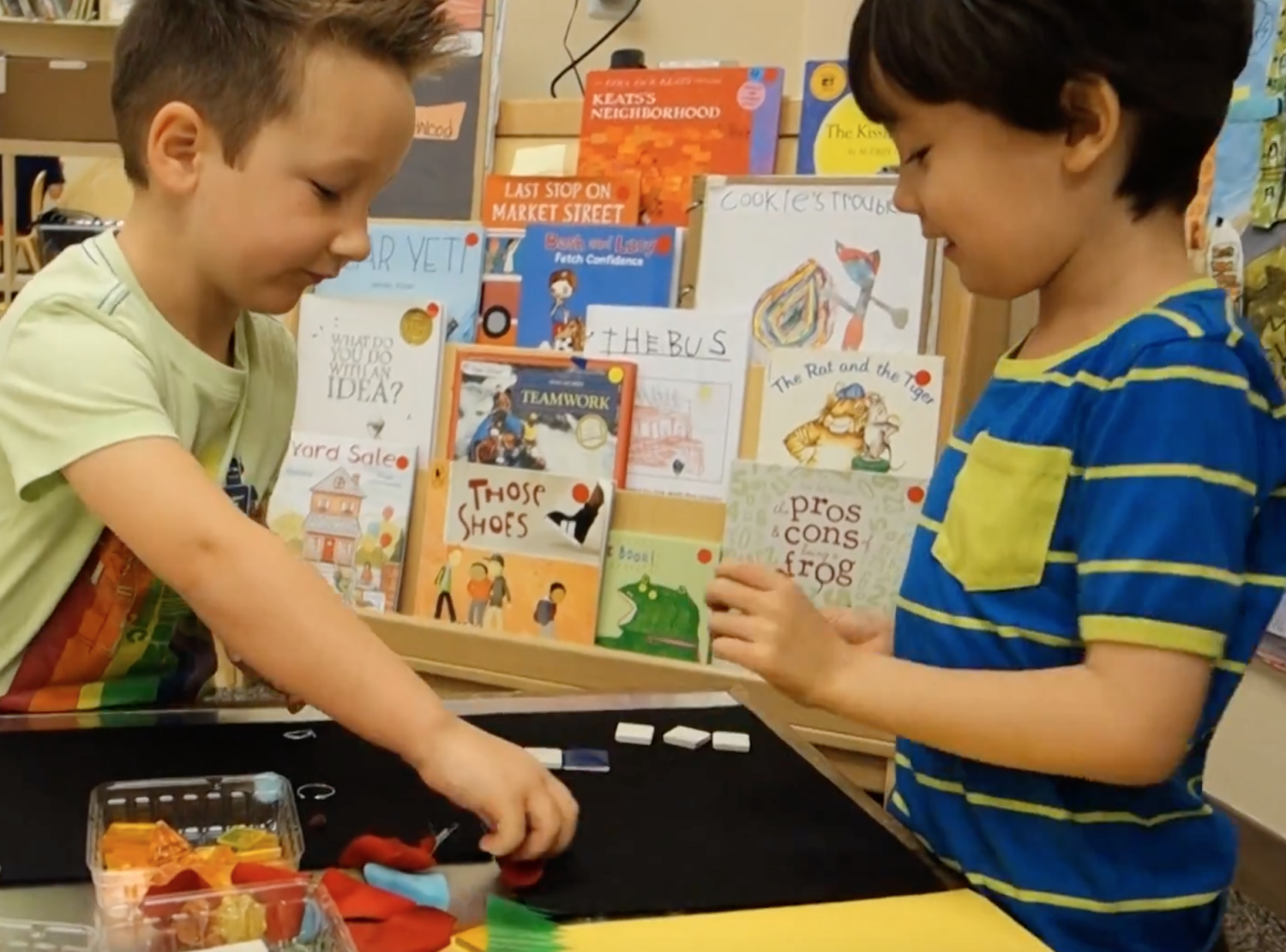A call for truth and reconciliation

Yesterday, we held one of our monthly Online Subscriber meet-ups. Susan and I were joined by Monica Martens, a teacher from Manitoba. She described how she finds the big ideas in Opal School’s resources to be in sync with the way in which Canada’s Truth and Reconciliation work has demanded whole-hearted learning between and amongst children and adults.
This observation didn’t surprise me. In our many encounters with Canadian educators, I hear how they have coalesced around a more humane vision of education: an effort to organize school systems around a strong image of children and childhood; a commitment to constructing a responsive pedagogy invoking First Peoples’ Principles of Learning.
Today, I read Paul Thomas’s post describing the uncaring treatment of young people – of all people – on our side of the border. I read in his piece the consequence of a cowardly national avoidance of truth and reconciliation.
I imagine I’m overstating how green the grass grows for our northern neighbors. That said, many of them seem to be gathering around national, provincial, and local movements that enable them to find a common intention that guides their work.
I know this wasn’t always so. Had it been, there wouldn’t have been the need for national healing and restoration.
When does our truth and reconciliation process begin?
How are we making our schools whole-hearted sites of truth and reconciliation – even in the glaring absence of civic leadership mandating this process?
